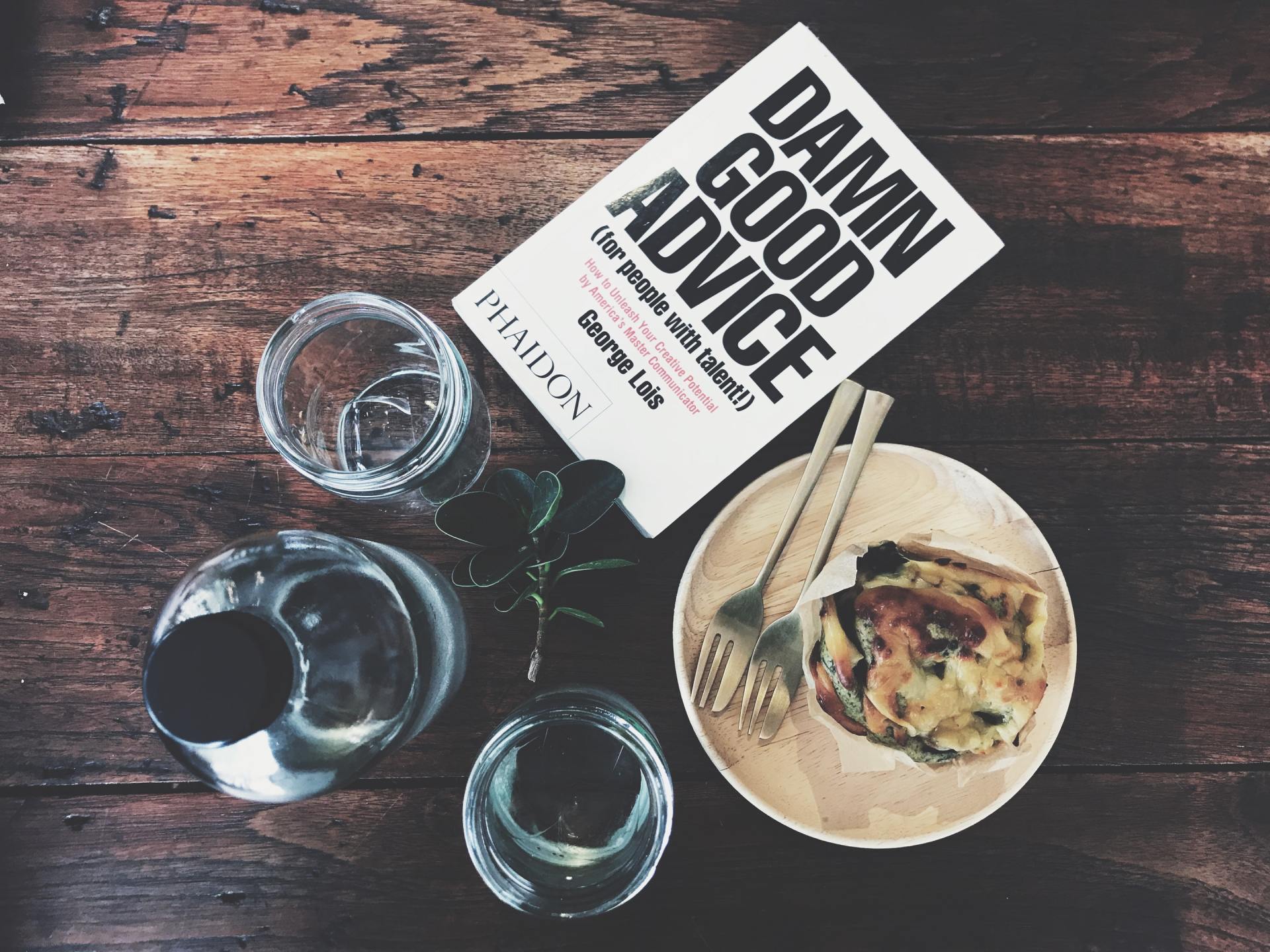




Business owners deal with many professionals in order to keep their business running, growing and healthy and to get their business back to running, growing and being healthy after a setback such as a fire or ill health. Some of these, like solicitors, they use irregularly. Others, such as Accountants, Financial Planners and Insurance Brokers, they talk to on a regular basis, in some cases weekly and in certain circumstances, daily or more.
The thing all these advisers have in common is they are all there to help their clients succeed in their business and ensure continuity and they all apply best practice to do this.
Although these advisors all have their client’s best interests at heart and are all qualified professionals in their field, it is very rare that there is a thorough understanding of exactly how the other professionals their clients deal with help with the running, growth, health and protection of the business.
As an insurance broker, I see many clients whose insurance is considered a necessary evil and simply listed as an expense on the financials as there is no appreciation of what it is actually doing to ensure continuity of the clients business as well as re instatement of assets. As Accountants and Financial planners you are there to ensure that your clients business can grow and build wealth in both assets and quality of life. As insurance brokers, we are there to make sure clients are able to not only keep or replace those assets but also ensure continuity of the business and therefore continuity of their quality of life.
The purpose of this paper is to give you a better understanding of why a client needs more than just insurance to protect their assets and how a properly packaged business insurance policy can ensure that a client business continues after a loss and puts them back in the same financial position as they were before the loss occurred.
OVERVIEW
Business Insurance, although made up of many sections offering different covers can largely be broken into 3 broad categories. These are: insurance to protect your assets
In this article we'll cover:
PROPERTY OR FIRE & PERILS INSURANCE - Protection For Your Assets
This is where you insure your buildings, contents & stock to cover them with Fire insurance, Storm insurance, Malicious Damage insurance, Accidental Damage insurance, Impact Damage insurance etc. As mentioned earlier, all insurance policies are different. Some insurers include stock under the contents section, some do not, some will cover you for flood, some will not, so you need to make sure you know what is covered before you take out a policy.
BUSINESS INTERRUPTION INSURANCE - Protection For Your Business Itself
This is a cover that is not well understood by many in the insurance industry let alone you as a business owner. The basic idea of this cover is to insure the loss of or shortfall in income that results after an insured loss (ie you can’t trade for 2 month after a fire). The basic cover gives you protection of your gross income (this calculation is usually different in insurance than accounting) as well as fixed expenses for a chosen insured period. In order to have a comprehensive cover under this section it is well worth consulting an expert as there are many extensions you can add that save you heartache in the event of a claim.
THEFT & MONEY INSURANCE - Protection For Your Assets
Some insurance policies have these covers separate while others combine them. The cover in either case is pretty much the same. Theft is where you insure your stock and contents for cover for theft. You can often choose extensions to include theft without forcible entry and shoplifting as well.
Money is a little more complicated but the basic idea is to cover your business cash. You nominate a sum insured and you can choose to cover this on the premises during business hours, on the premises during non business hours, in transit to and from the premises, in private residence and a few others. You can also choose to have a “blanket cover” that covers most of the above under one sum insured.
GLASS INSURANCE - Protection For Your Assets
This cover seems self explanatory in that it covers breakage of fixed glass but, has more to it then you may think. Glass cover is generally split into two options; external cover for windows and doors and internal cover for display cabinets and fridges etc. and you can choose to insure one or both. You need to make sure however that there are extensions under the cover you choose to cover boarding up costs, scratching, and sign writing as these covers are not always automatically included.
LIABILITY INSURANCE - Liability Protection
This is another one of those covers that seem straight forward but can be more complicated than you think. Liability insurance is to provide cover for your businesses legal liability in relation to property damage or personal injury to a third party resulting from you conducting your business. Pretty straight forward so far, but, if you are a manufacturing business or import products from overseas, you need to make sure you include a products liability cover. If you are a trades business and you employ subcontractors, you need to make sure you extend the cover to include them. Liability insurance premiums are generally calculated on your occupation, your turnover and the number of employees you have.
EMPLOYEE DISHONESTY INSURANCE - Protection For Your Assets, Protection For Your Business Itself
Covers you for loss of
goods or money due to fraud or dishonesty of your employees.
MACHINERY BREAKDOWN INSURANCE - Protection Of Your Assets, Protection Of Your Business Itself
Damage to machinery caused by breakdown (not wear and tear). This cover can also be extended to include loss or spoilage of food items if a fridge breaks down. Some insurers will also provide a cover similar to business interruption under this section. It is essential that you get the sum insured right on this section of a policy as if you need to import machines from overseas, costs can really blow out, not to mention down time.
COMPUTERS & ELECTRONIC EQUIPMENT INSURANCE - Protection Of Your Assets, Protection Of Your Business Itself
Provides cover for fire, theft, accidental damage and breakdown as well as business interruption for computers and electronic equipment that you want specified in your policy or that are portable in nature.
GENERAL PROPERTY INSURANCE - Protection Of Your Assets
Once again this cover has many options but it is designed to cover contents that are moved around such as tools of trade or other professional equipment. Cover can include fire and perils, theft and accidental damage.
TAX INVESTIGATION OR AUDIT COVER INSURANCE - Liability
There are two distinct covers here, one is tax audit only, which covers the expenses incurred by your business for professional fees of your accountants when the Tax office decides to Audit your business.
Audit cover is a broader approach and covers more government agency audits such as work cover and the like.
SHOULD YOU HAVE BUSINESS INTERRUPTION INSURANCE?
If you tick any of the following, you should seriously consider business interruption insurance unless you have vast cash reserves and can afford to fund your own business recovery.
KEY EXAMPLES TO REMEMBER
1,170 people lost their jobs following the storm in Newcastle in 2007 due to the fact that their employers business failed to reopen as a result of not having business interruption insurance
Business have a 10% chance of surviving following an insured event without business interruption cover but only 40% of Australian business have business interruption insurance of any sort
WHAT DOES BUSINESS INTERRUPTION INSURANCE COVER?
The simplest way to explain this is to say it is like a personal accident or income protection insurance for a business.
If a business is unable to trade due to an insured event, then the business interruption insurance is activated to protect the net profit and ongoing expenses of the business such as wages, rent, finance repayment etc..
A business can also have a loss of insurable gross profit in the form of a reduction in turnover or increased costs insured in order to keep trading through the interruption to the business.
You can also cover business interruption through disruption of public utilities, loss of access, loss of attraction, murder or suicide, closure by public authority, damage to supplier’s premises and much more.
It is imperative to remember that in order for these things to be covered, the cause of the interruption needs to be insured by the material damage or fire and perils section of the policy. It is a loss because of these causes that triggers the business interruption section.
HOW TO ENSURE THE CORRECT SUMS ARE INSURED
Every insurance company has a slightly different way of covering and calculating the sums insured for the Business Interruption Section of a Business Insurance Policy. In order to ensure correct cover is in place, the best way is to view a copy of the insured’s most recent financial statements to ensure we have the correct opening and closing stock values, gross profit figures, wages and uninsured expenses like office consumables that would not be incurred while the business in not operating.
These figures then need to be adjusted for the insured period (could be 6 months, 12 months, 24 months or more) as well as the expected growth for the insured period and up to the start of the insured period.
As a general rule, wages should always be included in the Gross Profit sum insured rather than insured separately as this way they will be fully covered rather than apportioned over time.
IN SUMMARY
Business Interruption Insurance is an extremely important class of insurance for any business as it is the key to ensuring the business survives after an insured loss. Yet it is one of the least taken up covers by the average business in Australia.
In Australia we have a focus on the protection of our assets. This is largely due to financial institutions insisting that mortgaged assets be protected in this manner. This has developed an insurance culture where we believe this is the best way to insure and protect our business. The reality is, although insuring our assets is important, asset insurance only is the best risk mitigation for the financial institution but not necessarily for the insured themselves.








